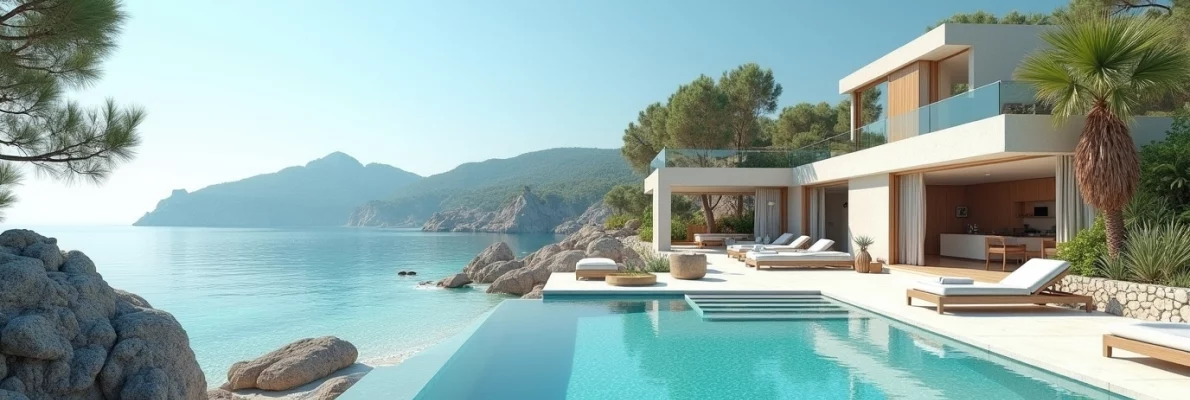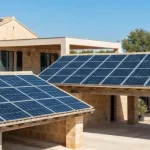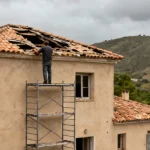Mallorca is one of Europe’s most attractive holiday destinations, drawing millions of tourists every year. With its Mediterranean climate, beautiful beaches, and excellent connections to the rest of Europe, the island is also a hotspot for property investment. For many owners, renting their villa or apartment to tourists seems like the perfect way to generate extra income.
But here’s the catch: holiday rentals in Mallorca are strictly regulated. Without the right license, owners face hefty fines, complaints from neighbors, and even bans on renting out their property.
This article explains everything you need to know about licenses, profits, risks, and how to avoid common mistakes.
Why are holiday rentals so strictly regulated?
Tourism is the backbone of Mallorca’s economy, but uncontrolled holiday rentals have caused housing shortages for locals and conflicts with the hotel sector. Local authorities want to strike a balance between welcoming tourists and protecting residents.
That’s why the holiday rental license (ETV) was introduced – to make sure that only properties meeting legal, environmental, and zoning requirements can be rented to tourists.
What licenses are required?
The key license for short-term rentals is the ETV license (Estancia Turística en Viviendas).
- ETV for single-family homes (villas, fincas): Often possible to apply for if the property is legally built and properly equipped.
- ETV for apartments: Much stricter – in many residential buildings, tourist rentals are prohibited altogether.
- 60-day rule: In certain areas, properties can only be rented for up to 60 days per year.
Applying for an ETV license requires extensive paperwork: property deeds, energy certificates, building plans, insurance documents, and compliance with zoning laws.
Holiday rentals vs. long-term rentals
Many owners confuse the two, but the difference is crucial:
- Holiday rental: Short-term (days or weeks) for tourists → requires ETV license.
- Long-term rental: Months or years, often license-free, but subject to different tax obligations.
⚠️ Attempting to disguise a holiday rental as a long-term lease to avoid licensing is illegal and risky.
Financial opportunities – and hidden costs
A legal holiday rental can be extremely profitable, especially in peak season.
- Examples of weekly rental income:
- 2-bedroom apartment near the beach: €1,200–2,000
- Mid-sized finca with pool: €3,000–6,000
- Luxury villa in top location: €8,000–15,000
However, not all of that is profit. Owners must account for:
- License fees and municipal charges
- Spanish income taxes on rental income
- Maintenance, repairs, and utilities
- Cleaning, check-in services, and guest management
Without proper planning, returns can be much lower than expected.
Common pitfalls for property owners
- Illegal rentals without a license: Fines up to €40,000 or more.
- Neighborhood complaints: Especially in apartment complexes.
- Tax issues: Rental income must be declared in Spain.
- Insurance gaps: Standard home insurance often excludes guest damages.
- Poor guest management: Leads to negative reviews and reduced profitability.
Why professional support is essential
Getting an ETV license and managing holiday rentals requires local knowledge, patience, and experience. Regulations change frequently, and the paperwork is extensive.
Simplify Mallorca helps you with:
- Assessing if your property qualifies for an ETV license
- Managing the entire license application process
- Handling guest services, check-ins, and maintenance
- Ensuring full legal compliance and avoiding fines
Conclusion
Holiday rentals in Mallorca can provide excellent returns – but only if done legally and with proper management. Trying to cut corners is risky and expensive.
👉 With Simplify Mallorca, you have a reliable partner who ensures your property is compliant, profitable, and professionally managed.





